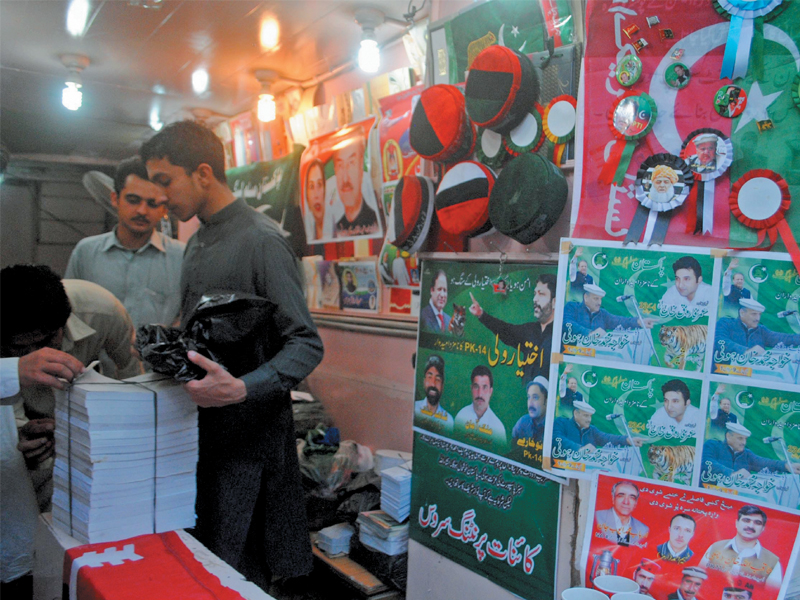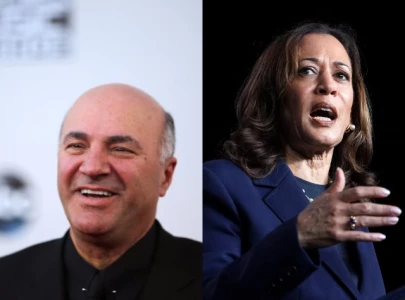
With the general elections nearly two weeks away, it has become clearer the much-hyped seat adjustment talks between mainstream political parties have yielded little result.
Earlier, the number of talks held between major players on the matter of seat adjustments led to the belief that parties would make political alliances. However, except for a partnership solidified between the Jamiat Ulema-e-Islam-Fazl (JUI-F) and Qaumi Watan Party (QWP), no such alliances have materialised.
A possible alliance between the JUI-F and Pakistan Muslim League-Nawaz (PML-N) was termed a game-changer by both parties. Yet, the month-long discussions failed to produce any significant results.
Similarly, the Jamaat-e-Islami (JI) and Pakistan Tehreek-e-Insaf (PTI) also failed to reach an understanding despite initial proclamations that a deal would be struck at all costs. It was said earlier both parties had agreed on cooperating with each other in the general polls. But the talks failed to move forward when the JI accused the PTI of being “unrealistic”. Meanwhile, the former ruling coalition of the Pakistan Peoples Party (PPP) and Awami National Party (ANP) was shunned by all others, effectively barring them from forming any partnership with other parties.

As for the JUI-F and QWP partnership, which is based in Charsadda, Nowshera, Malakand, Buner and Swat districts, both parties have agreed on seat adjustments on 22 national and provincial assembly seats.
A JUI-F leader, who did not wished to be named, said both parties had opted for small-scale adjustment. He also seemed skeptical of any prospective alliance with the PML-N. He claimed when his delegation met the PML-N, they insisted on a cooperation ‘formula’ but the latter insisted that a sub-committee, in addition to the main committee, be constituted to facilitate talks. “We agreed to that demand and both parties nominated three people each, but they (PML-N) still refused to set a formula for the alliance,” he added.
He maintained that both parties had arrived at an understanding on all National Assembly seats, save six, across the province. It was with the provincial assembly seats that issues were clouded, he added. “After the sub-committee failed to make a consensual decision, Mian Nawaz Sharif intervened and asked General Secretary Iqbal Zafar Jhagra to take over the talks.”
The JUI-F leader said Jhagra, like members of the PML-N delegation, was only interested in discussing his own constituency. “We asked him to bring a list of his party’s demands, but we never received an answer after that.”
He added that it was unlikely that any party would gain a majority because they were all contesting on their own. This will result in a split mandate, he added. However, he also maintained this may have a positive side because a government made by consensus would then be required, preventing any single party to take over completely.
Published in The Express Tribune, April 23rd, 2013.




1732745394-0/Diddy-(4)1732745394-0-165x106.webp)






COMMENTS
Comments are moderated and generally will be posted if they are on-topic and not abusive.
For more information, please see our Comments FAQ